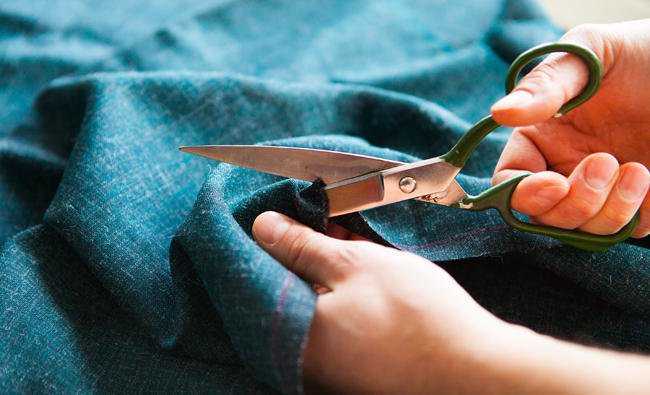Bangladesh to export clothing made in jails

“I’d never thought of such an initiative. We can now earn, even in jail,” said Sharif Hossain, 42, an inmate at Narayanganj District Jail, Bangladesh.
Narayanganj Jail recently launched Bangladesh’s first integrated Ready Made Garment (RMG) factory to be completely run by prisoners. The facility, comprising 53 machines, will allow authorities to export the goods internationally, bearing the tag ‘Made by Prisoners.’
Sharif, who has been imprisoned for the past year, is the factory’s cutting master. Since he owned a small garment factory at Gazipur, near Dhaka, he has the required technical knowledge.
“I will be here for another year. And before I am released, I want to transfer my skills to my fellow inmates who are serving longer sentences, so that they can run the operation independently in future,” added Sharif.
“I want to open an outlet for the products made by the prisoners. It has some added sentimental value,” Narayan Sarker, 50, told Arab News. Sarker is 14 years into a 20-year sentence for murder. Utilizing his seven-year experience as a sewing operator in a factory near Dhaka, he has been appointed ‘Sewing-in-Charge’ of the prison factory.
Subhas Kumar Ghosh, superintendent at Narayanganj Jail, told a international news agency, “We plan to share 50 percent of the net profit with the employed prisoners.” Wages are credited to the inmates’ bank accounts and can either be sent to their family members or withdrawn once their prison term ends.
“We want to build a skilled workforce so that prisoners can lead a better life once released,” added Ghosh.
“These type of initiatives are really praiseworthy. It will boost the prisoners psychologically as well as keep their health in good condition,” said Dr. Ziaur Rahman, Chairperson of the Criminology Department at Dhaka University.
Rahman added, “This will help prisoners to escape feelings of isolation and lead them toward a normal life.” He stressed the sustainability of the initiative, and said, “All we need now is good management to ensure the welfare of the prisoners.”
The 5,000-square-foot factory was constructed with the help of the district administration and the department of social services. The Bangladesh Knitwear Manufacturers and Exporters Association trained around 400 prisoners to run the factory in two shifts, according to Ghosh.
The authorities will also employ 12 prisoners to operate six looms installed in the jail to produce Jamdani, a traditional Bangladeshi fabric.
Source: https://dailyasianage.com